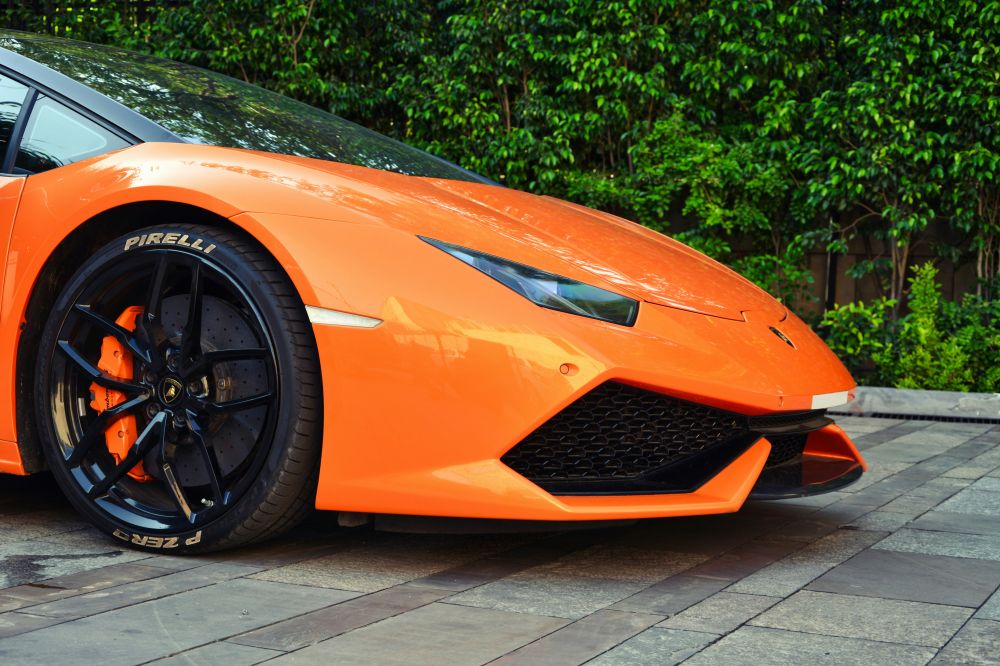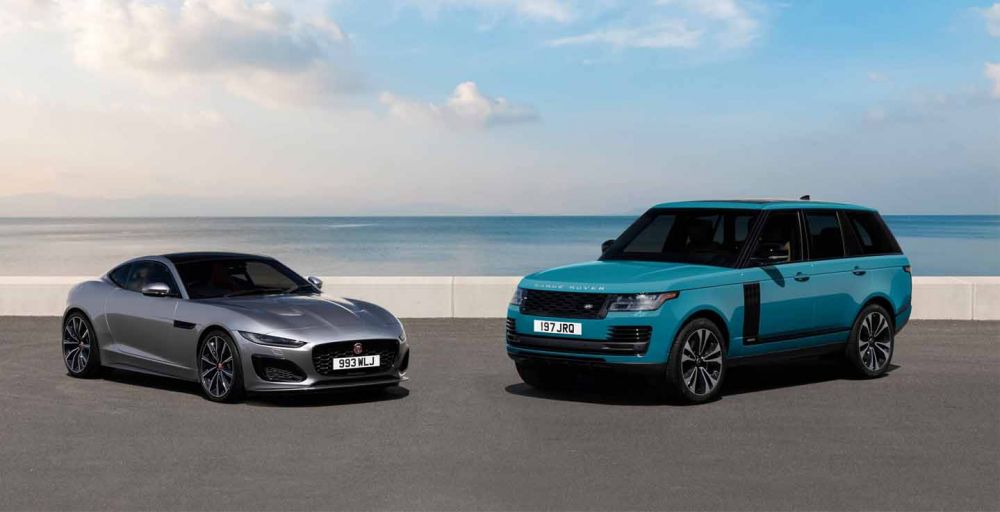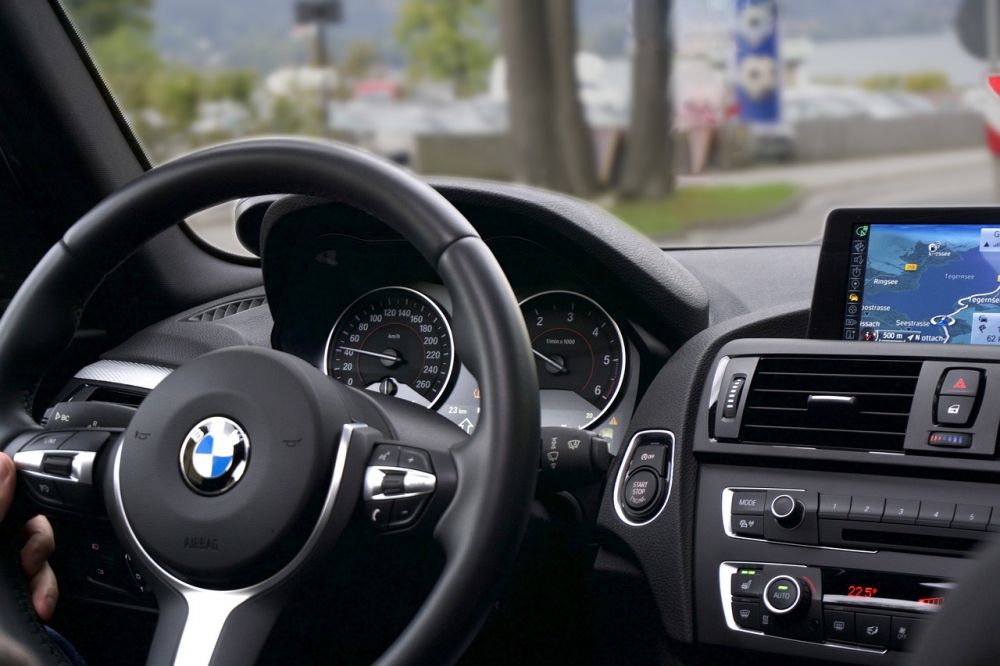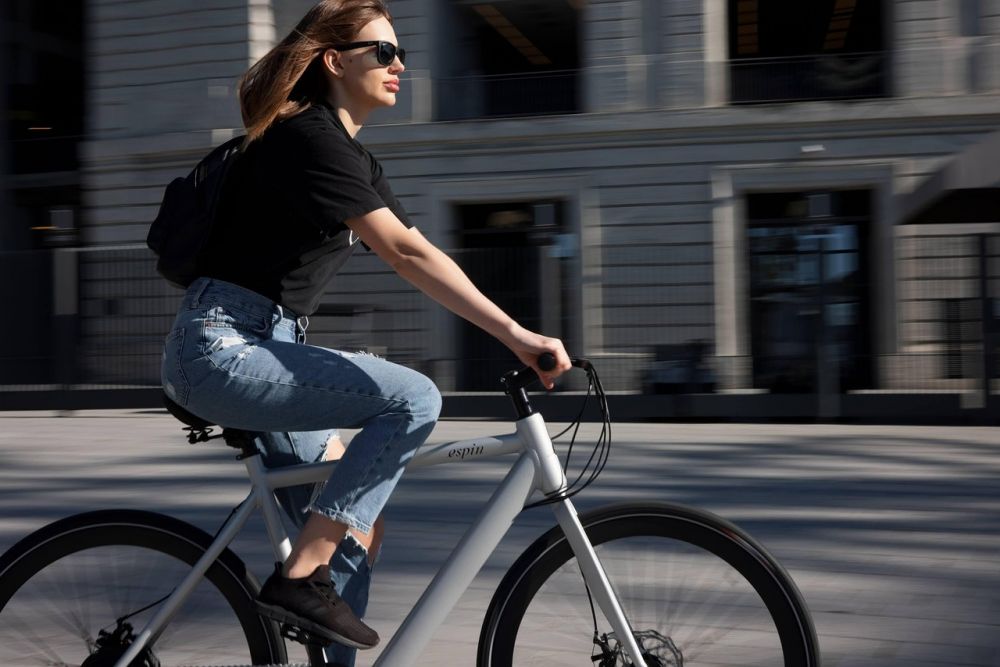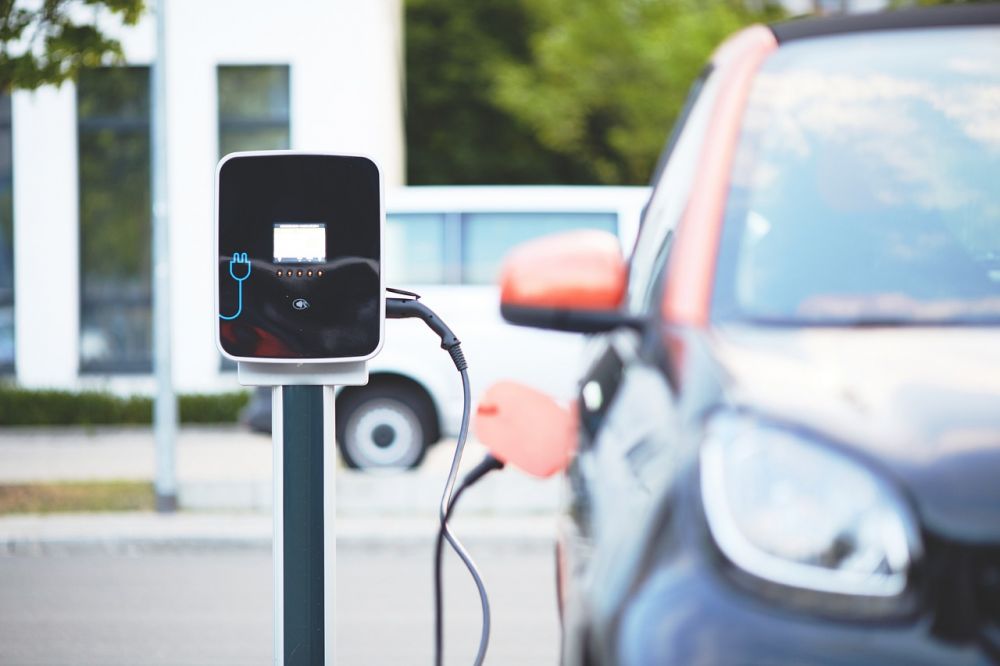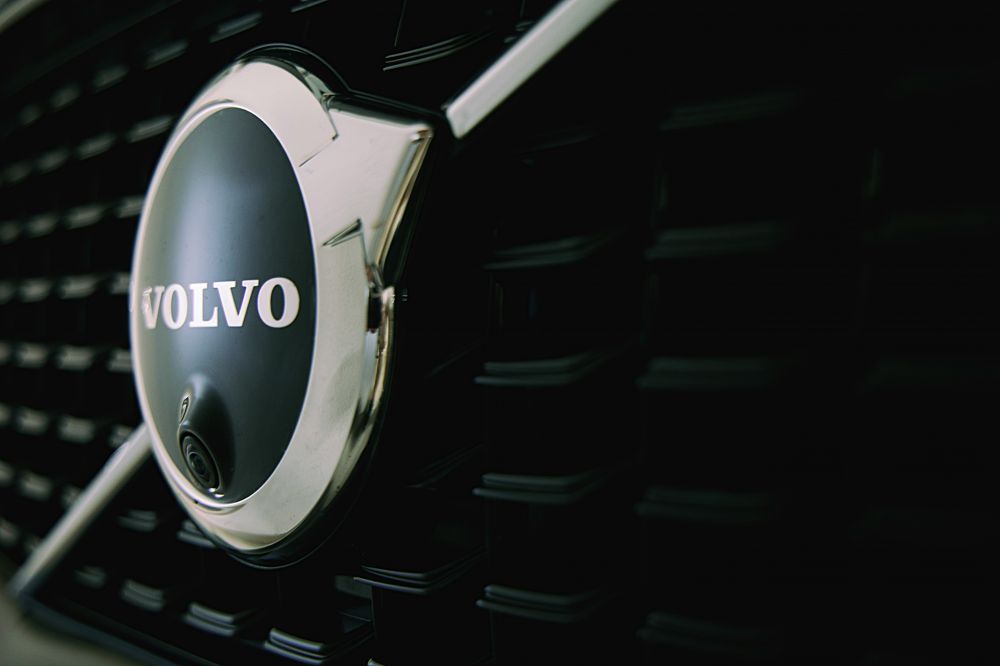VW Hybrid: Revolutionizing the Automotive Industry

Introduction:
Are you a passionate car enthusiast looking to invest in an eco-friendly vehicle that doesn’t compromise on performance? Look no further than VW Hybrid! In this comprehensive article, we will delve into everything you need to know about VW Hybrid, highlighting its key features, historical evolution, and its importance in the automotive industry. Let’s embark on this journey and explore the exciting world of VW Hybrid!
1. What is VW Hybrid?
VW Hybrid represents a line of vehicles that combines the best of both worlds – powerful internal combustion engines and electric motors. As a result, these vehicles offer enhanced fuel efficiency and significantly reduce greenhouse gas emissions. VW Hybrid models incorporate cutting-edge technology that seamlessly switches between traditional fuel usage and electric power, delivering an exceptional driving experience while minimizing carbon footprint.
Key Points:
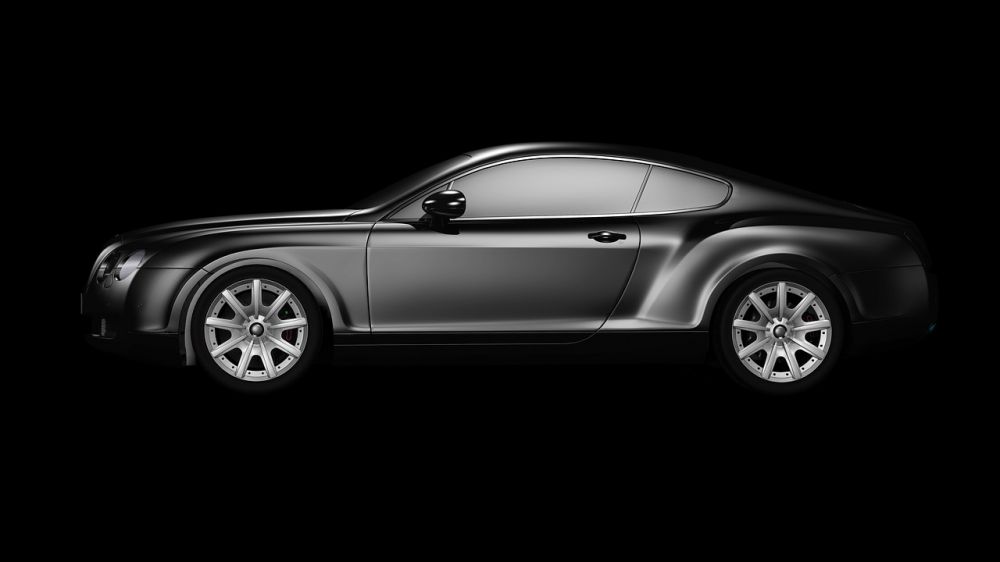
– VW Hybrid offers the perfect synthesis between conventional engines and electric motors, making it an ideal choice for eco-conscious car owners.
– This vehicle type ensures you don’t need to compromise on performance while reducing your environmental impact.
– VW Hybrid technology has undergone significant advancements over the years, providing consumers with a wide range of hybrid options tailored to their needs.
2. Historical Evolution of VW Hybrid:
VW Hybrid has come a long way since its inception, and its historical evolution is a testimony to the brand’s commitment to sustainable mobility. Let’s take a closer look at the key milestones in the development of VW Hybrid technology:
a) Early Days and Milestones:
– The first VW Hybrid concept was introduced in the early 2000s, showcasing the brand’s vision for a greener future. This concept laid the groundwork for subsequent hybrid models.
– In 2008, VW launched its first commercially available hybrid vehicle, the VW Touareg Hybrid. With its hybrid drivetrain, it delivered impressive fuel efficiency without compromising on power.
b) Advancements in Technology:
– In 2012, VW introduced the Jetta Hybrid, combining a gasoline engine with an electric motor for enhanced efficiency. This model marked the beginning of VW’s commitment to blending performance and sustainability.
– Over the years, VW showcased its dedication to innovation by refining its hybrid technology. The introduction of plug-in hybrid models, such as the VW Golf GTE and VW Passat GTE, expanded the brand’s hybrid portfolio, offering customers even greater eco-friendly options.
c) Towards an Electrified Future:
– VW’s commitment to sustainable mobility extended beyond hybrids. In recent years, the brand has embarked on a journey to electrify its fleet, introducing fully electric vehicles under the ID. family. These electric models complement VW’s hybrid offerings, catering to a wide range of environmentally conscious consumers.
Key Points:
– VW Hybrid technology has evolved from a concept to commercially available vehicles, showcasing the brand’s dedication to sustainable mobility.
– The introduction of plug-in hybrids expanded the range of VW Hybrid models, allowing customers to choose the level of electrification that suits their needs best.
– VW’s commitment to electrification signifies the brand’s visionary approach towards a greener and more sustainable future.
3. The Benefits of VW Hybrid:
a) Fuel Efficiency:
– One of the key advantages of VW Hybrid vehicles is their impressive fuel efficiency. By combining traditional fuel engines with electric motors, these vehicles can achieve a significantly higher mileage per gallon, allowing drivers to save money on fuel costs.
b) Reduced Emissions:
– VW Hybrid models help reduce greenhouse gas emissions, making them a more environmentally friendly choice compared to conventional vehicles. The integration of electric motors into the drivetrain minimizes the reliance on fossil fuels, contributing to cleaner air and a healthier planet.
c) Seamless Driving Experience:
– VW Hybrid vehicles offer a seamless driving experience by seamlessly switching between electric power and traditional fuel engines. This technology ensures a smooth transition without compromising on performance or reliability.
d) Financial Incentives:
– In many regions, owning a VW Hybrid vehicle comes with financial incentives. These can include tax credits, lower registration fees, and access to restricted zones in congested cities. Owning a VW Hybrid not only benefits the environment but also provides added value to the owner.
Key Points:
– VW Hybrid vehicles offer significant fuel efficiency, helping drivers save money on fuel costs.
– The integration of electric motors reduces greenhouse gas emissions, making these vehicles more environmentally friendly.
– Advanced technology ensures a seamless driving experience with no compromises on performance.
– Financial incentives make owning a VW Hybrid a wise choice both from an environmental and economic perspective.
Conclusion:
VW Hybrid has revolutionized the automotive industry through its commitment to sustainability, innovation, and exceptional driving experiences. With a rich historical evolution and a range of hybrid models to choose from, VW Hybrid caters to the needs of eco-conscious car owners and enthusiasts alike. Whether you prioritize fuel efficiency, reduced emissions, or a seamless driving experience, VW Hybrid offers a viable solution that merges performance and sustainability. Join the green revolution and choose VW Hybrid for a cleaner and brighter future!



